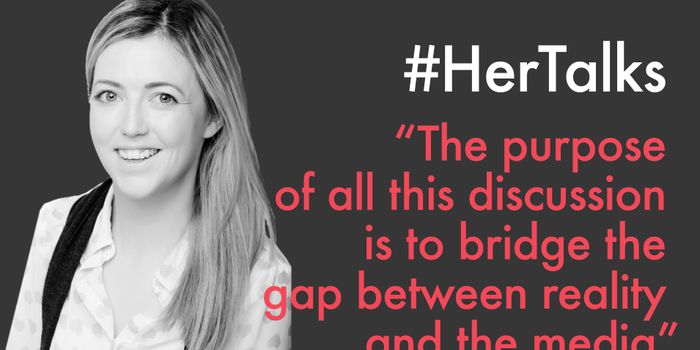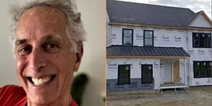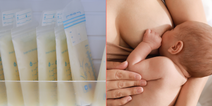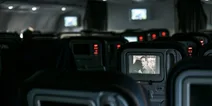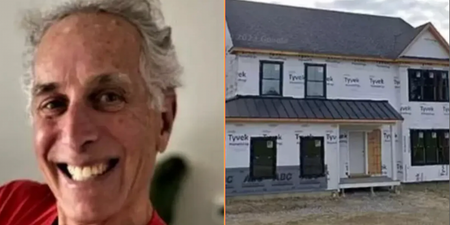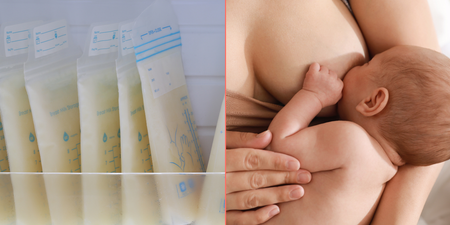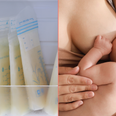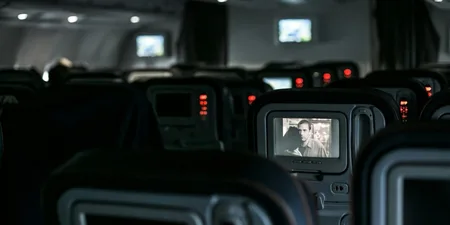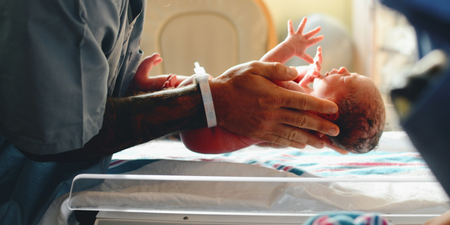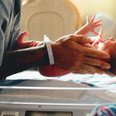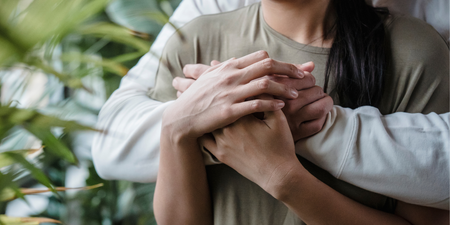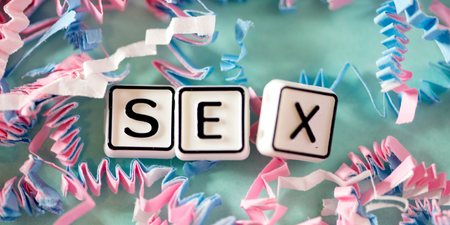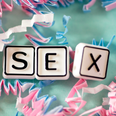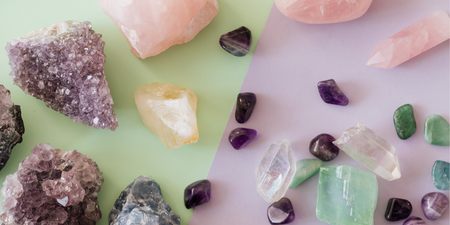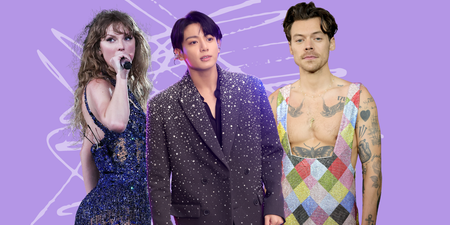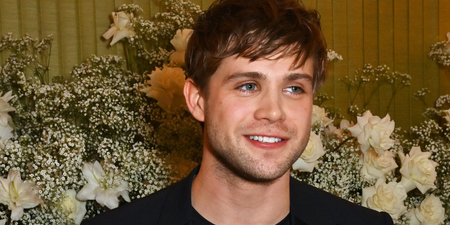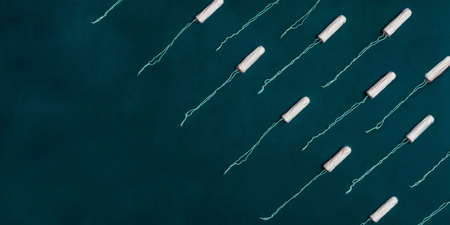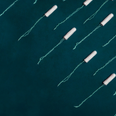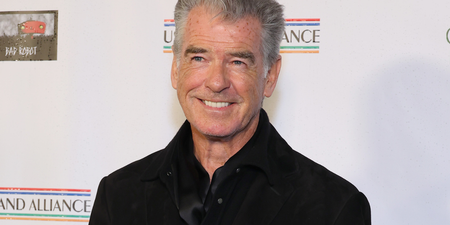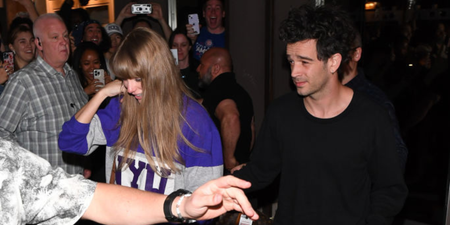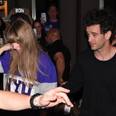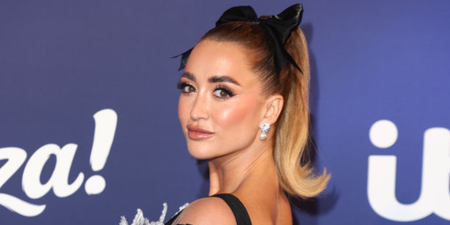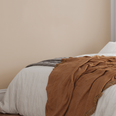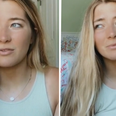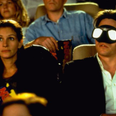It would be completely naïve, and somewhat ignorant, of us to host this entire night without acknowledging the negative impact the media has had on the representation of women in Ireland.
Conversations and debates about body confidence, self-worth and female sexuality always come back to the media. The media has, for so long, painted an ill-fitting image of women. It portrays the unrealistic ideal. It says to be beautiful one must be skinny, tall, amply bosomed and blemish free. It says to be respected women must be quiet, lady like and faithful. It says to be successful women must be bitchy, ruthless and alone.
And we know this isn’t accurate. Look at the women in this room. You’re surrounded by people who are beautiful, respected and successful but you can guarantee most don’t fit the stereotype portrayed constantly in mainstream media.
But sure look, we know that and we’ve known that for some time. What’s concerning is the disconnect between the reality and “the ideal”. What’s annoying is that it’s still portrayed and that we are caught in this terrifying circle of readers versus content and that we know, working every day, we’re somewhat wasting our potential as a huge media provider.
But the purpose of all this discussion is to bridge that gap between the reality and the media. Over the past number of months, we have completely transformed our editorial plan and content map to accurately convey what it means to be a woman in Ireland.
We’re taking a stand on repeal the 8th, we’re exploring gender inequality and we’ll be bringing content that will redefine beauty, success and female sexuality.
Our new tagline; Create. Share. Change. reflects this.
Our first foray into this type of content creation came prematurely two weeks ago.
At this stage, I’m sure you’ve all heard of the alleged UCD 200 “Revenge Porn” group.
Prior to the story of 200 students suspected of operating in a Facebook chat, sharing images of girls they’d slept with, we had partnered with Women’s Aid to examine the issue of revenge porn and digital abuse. We knew that this kind of abuse was a problem for our readers and for women in Ireland and we were committed to doing something about it.
Naturally the UCD group was a massive story in mainstream media. Publications as far as Buzzfeed and The Guardian wrote opinion pieces about it. And we did the same, we shared a comment from Carl from JOE, we shared commentary from Rachel O’Neill a UCD student and I myself penned my outrage that such a group existed.
But unlike other publications, we decided to launch our Women’s Aid survey earlier than planned as a response to fully understand the depth of the problem.
We wanted to see how far reaching this really was, beyond the confines of students, UCD or Dublin.
Within the first 72 hours, 3,000 people took the survey and provided us with an unprecedented and unparalleled insight into digital abuse as a social issue.
We exclusively learned that of those respondents, 35% had experienced digital abuse of some sort. The type of digital abuse was split evenly with 27% categorising it as bullying and 27% categorising it as sexually explicit. 23% experienced both forms.
We heard stories of targeted abuse from people who had been intentially victimised and embarassed on social media. Abusers ranged from one-night stands to long term partners and husbands, life long friends, colleagues and strangers.
The abuse ranged from strangers trolling, stalking and leaving aggressive and offensive comments on pages and photos. In a significant number of instances, the abuse transpired to real life occurences of violence.
Now if you’ve been following the story, you’ll know that UCD released an investigation that found the claims that such a group exitsed on campus were “unsubstanciated”.
And while I can’t, for fear of a defamation suit, declare my thoughts on the investigation, what I will say is that by the time UCD officially responded to the allegations we knew enough to understand that the issue of digital abuse is not, in any way, “unsubstantiated”.
And while the mainstream media declared the group a hoax and killed the story – we are thrawling through data that represents the truth.
When we originally met with Women’s Aid, this data and the masses more accumulated will be published in a report that will be used to levy for legalisation to prosecute digital abusers.
We want to impact social change on this issue and many more because we believe the best way to represent women is to be the media force that fights for their needs, rights and protections.
Our approach to this issue is something we want to recreate in all aspects of Her.ie. Much like our endeavour to understand the extent of digital abuse we want to extend our research to now investigating abortion, fertility, wage inequality, education, sexism and access to education.
Because in order for women to succeed in high-level positions, as editors, as MDs, as CEOs and as country leaders, we must first understand thoroughly what it means to be female in contemporary Ireland. And when we understand women, then we, as the media, can showcase the multiple facets of female beauty, sexuality and ability. And when we do that, well, we’ll all thrive.
